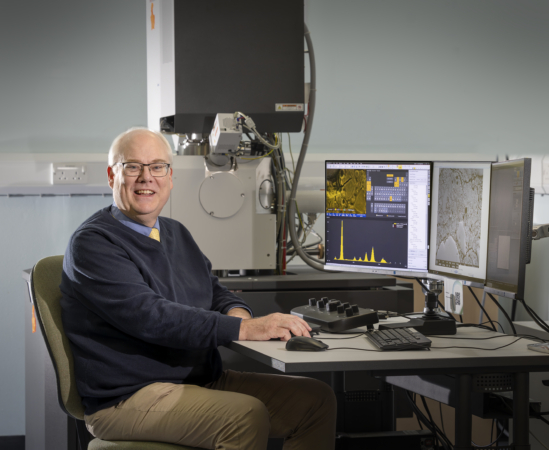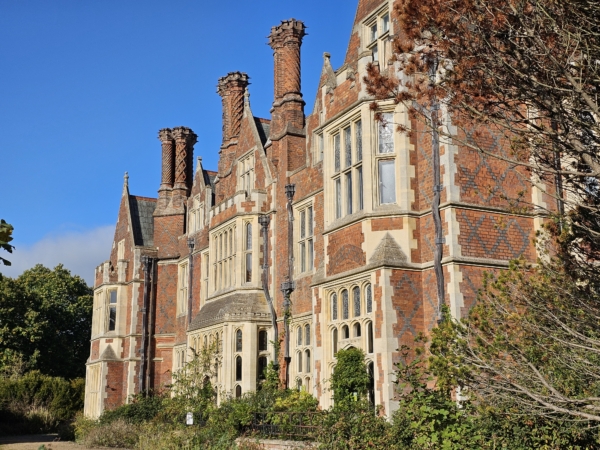Radionuclide Research in Focus: A gathering of world-leading experts
You may not have heard of radionuclides. But monitoring these tiny atomic signatures means that we ensure banned nuclear weapon explosive testing is detected – anywhere in the world.
That matters because of the Comprehensive Nuclear-Test-Ban Treaty (CTBT), which is an international agreement banning all nuclear test explosions, whether for military or civilian purposes.
AWE is a world-leading institution in radionuclide (RN) monitoring – our experts use measurements of atmospheric radionuclides to detect signs of nuclear testing using both lab and field-based measurement systems. Our team at our Aldermaston site operate the UK’s CTBT-certified Radionuclide Laboratory (known as GBL15) which forms part of a global network of sensors known as the International Monitoring System (IMS), overseen by The CTBT Organisation (CTBTO). These sensors provide a worldwide monitoring capability that helps ensure a nuclear test cannot go unseen.
As part of our dedication to the CTBT and innovation in nuclear technology, we hosted The Radionuclide Monitoring Technical Workshop (RMTW), bringing together the best minds in nuclear testing detection to debate and discuss new techniques and the latest research.
Marina Dawes, AWE’s Director of Science People Function, opened the workshop alongside Steve Laws, Defence Nuclear Organisation – Nuclear Threat Reduction & UK CTBT National Authority.
“This 3-day meeting, sponsored and organised by us, brought together people from various national and international organisations, including NNSA, CTBTO and the Met Office, to name but a few of the people I spoke to in the time I was there. A big well done and thank you to the organising team – it’s great to see AWE front and centre of specialist international technical fora such as this.” Dr Marina Dawes CChem FRSC FIMMM (she/her) Director Science People Function
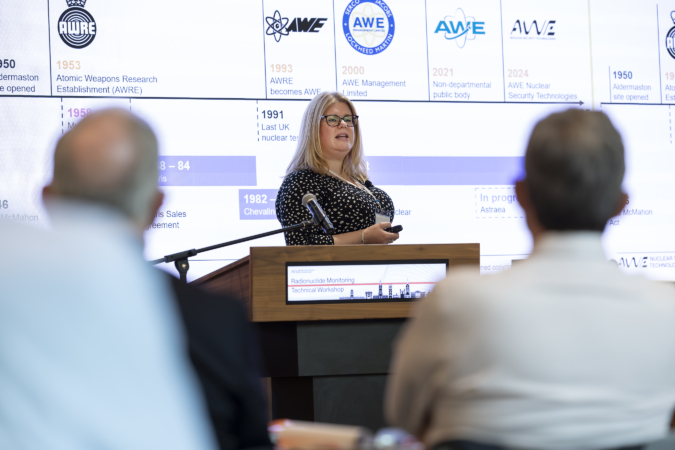
We’d like to thank all participants, including experts from AWE, PNNL (US), BfS (Germany), SCK CEN (Belgium), LANL (US), EDF Energy UK, CEA (France), CTBTO, FOI (Sweden), Met Office (UK), NPL (UK) and others, who came together to further scientific knowledge for future generations.
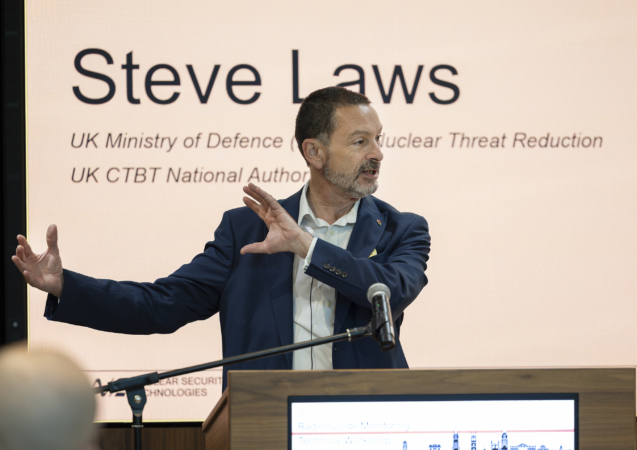
The Workshop included sessions covering:
- Radionuclide Monitoring on the International Monitoring System (IMS)
- Non-IMS systems (such as radioxenon arrays and national RN monitoring means)
- Tackling issues associated with Radionuclide data sharing
- Environmental Radionuclide Measurements and Analysis
- Investigating and understanding background radionuclide sources
- Developments in Atmospheric Transport Modelling
- Future Radionuclide Monitoring Challenges and Solutions
- Radionuclide Laboratories
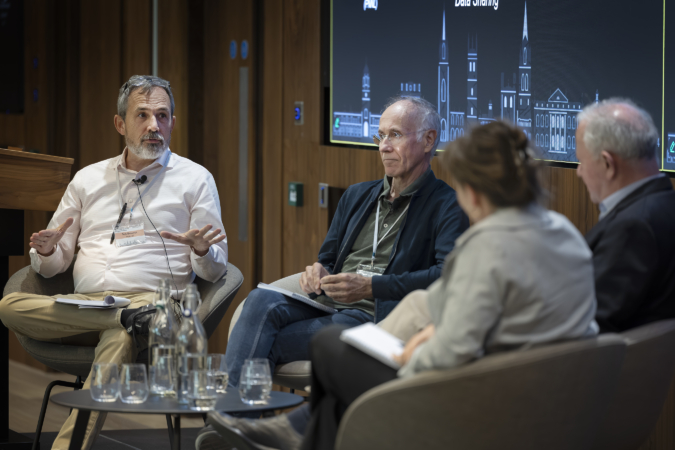
This collaborative effort is proof of our shared commitment to the CTBT since 1996 and a key milestone in AWE’s 75-year history of keeping the nation safe. The findings of the workshop will be compiled in a journal paper and made available in open scientific literature.
Dr Robert Lock, Chief Scientist, adds: “It was a pleasure and fascinating to spend a brief time with this community of scientists and specialists in radionuclide research. The way they work together and challenge each other to push the limits of measurement and modelling, to answer questions that support their governments and the international community in developing policy and managing strategically important relationships that hinge on questions of nuclear technology, was inspiring. Science is both a journey of discovery and a system for providing rigorous tools and techniques to help answer important questions for society, this community exhibits a healthy balance of these two aims.”

